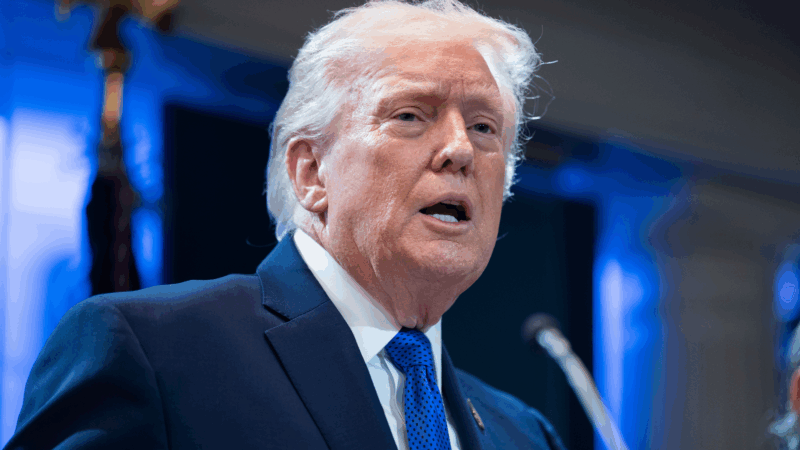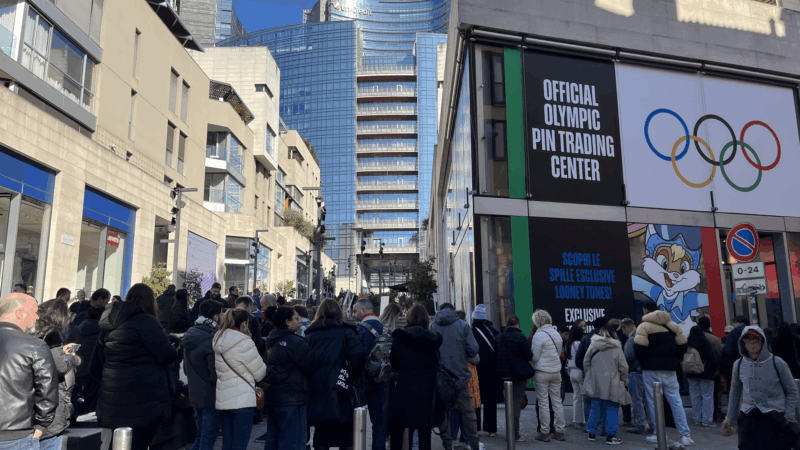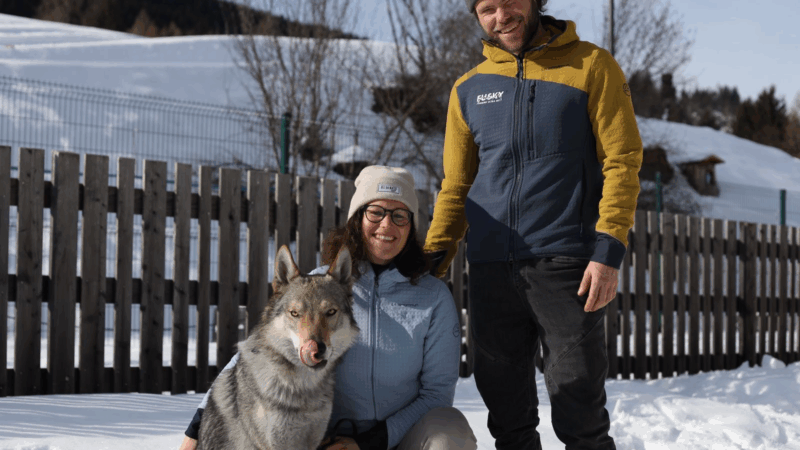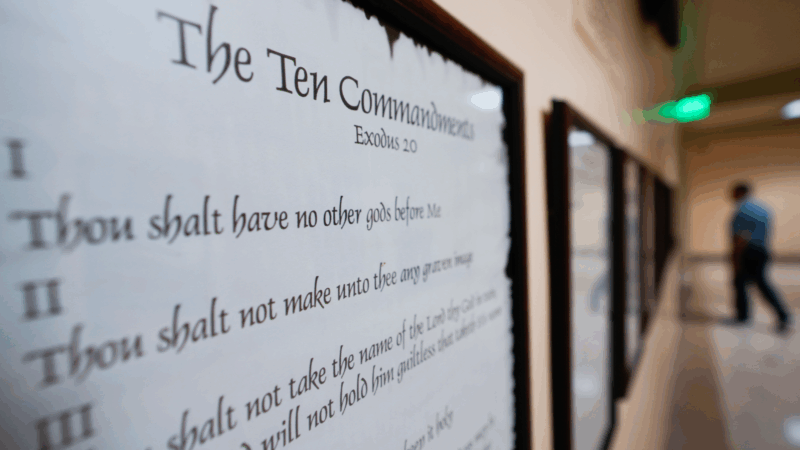Amazon Warehouse Workers In Alabama May Get To Vote Again On Union
Story By: Alina Selyukh and WBHM’s Stephan Bisaha
Amazon warehouse workers in Alabama may get a second chance to vote on whether to form the company’s first unionized warehouse in the United States.
A federal labor official has found that Amazon’s anti-union tactics tainted this spring’s election sufficiently to scrap its results, according to the union that sought to represent the workers. The official is recommending a do-over of the unionization vote, the union said in a release.
Amazon is expected to challenge the recommendation, which has not been released publicly yet. A regional director from the National Labor Relations Board (NLRB) is expected to rule within weeks on whether to schedule a new election. NLRB representatives did not immediately respond to NPR’s inquiry on Monday.
In a high-profile vote tallied in April, workers in Bessemer, Ala., voted more than 2-to-1 against unionizing, delivering a stinging defeat to the biggest union push among Amazon’s U.S. workers. The vote attracted nationwide attention, including from President Biden and also celebrities. That vote was held by mail due to pandemic concerns; over half the warehouse staff cast ballots.
“Our employees had a chance to be heard during a noisy time when all types of voices were weighing into the national debate, and at the end of the day, they voted overwhelmingly in favor of a direct connection with their managers and the company,” an Amazon spokesperson said in a statement. “Their voice should be heard above all else, and we plan to appeal to ensure that happens.”
The Retail, Wholesale and Department Store Union (RWDSU), which vied to represent Bessemer workers, had filed a legal challenge to the election and charges of unfair labor practices against Amazon, which the company denied. The National Labor Relations Board held a hearing before the hearing officer issued the recommendation for a new election.
RWDSU President Stuart Appelbaum said in a statement: “Amazon’s behavior throughout the election process was despicable. Amazon cheated, they got caught, and they are being held accountable.”
A major controversy was over a new mailbox in the warehouse’s private parking lot that Amazon says was installed by the U.S. Postal Service to make voting “convenient, safe and private.” But the mailbox’s placement inside an Amazon tent right by the workplace prompted many workers to wonder whether the company was trying to monitor the vote.
“Amazon [facility] is surveilled everywhere,” Emmit Ashford, a pro-union worker from the Bessemer warehouse, testified at the NLRB’s hearing in May. “You assume that everything can be seen.”
Postal Service official Jay Smith, who works as a liaison for large clients like Amazon, testified that he was surprised to see the corporate-branded tent around the mailbox because the company appeared to have found a way around his explicit instructions to not place anything physically on the mailbox.
“I did not want to see anything else put around that box indicating it was a [voting spot],” he said at the hearing.
But Smith and other Postal Service officials also testified that no one at Amazon has been provided keys to access the outgoing mail or, in this case, election ballots. A pro-union Amazon worker told the hearing that he saw security officers working for Amazon opening the mailbox.
The hearing provided additional insight into Amazon’s anti-union tactics. One Bessemer worker testified that during mandatory meetings at the warehouse, managers said the facility could shut down if staff voted to unionize. Other workers said they were told that the union would waste their dues on fancy vacations and cars.
Unions are a prominent presence at Amazon in Europe, but the company has so far fought off labor-organizing efforts in the United States. The election in Bessemer was the first union vote since 2014. The Teamsters union in June passed a resolution that would prioritize its Amazon unionization campaign.
With a ballooning warehouse workforce, Amazon has grown into the second-largest private employer in the U.S., behind Walmart, with more than 950,000 employees in the country as of this spring.
Editor’s note: Amazon is among NPR’s recent financial supporters.
9(MDA2ODEyMDA3MDEyOTUxNTAzNTI4NWJlNw004))
Trump to raise global tariffs to 15%
President Trump previously said he would implement 10% global tariffs after the U.S. Supreme Court struck down his tariff policies.
Pin trading has taken over the Olympics. Here’s what it’s like in Milan
Pin trading has become a hallmark of the Olympics in recent decades — and not just for athletes. An official trading center in Milan was a hotspot for longtime collectors and curious newcomers alike.
US military airlifts small reactor as Trump pushes to quickly deploy nuclear power
The Pentagon and the Energy Department have airlifted a small nuclear reactor from California to Utah, demonstrating what they say is potential for the U.S. to quickly deploy nuclear power for military and civilian use.
How Nazgul the wolfdog made his run for Winter Olympic glory in Italy
Nazgul isn't talking, but his owners come clean about how he got loose, got famous, and how they feel now
Court clears way for Louisiana law requiring Ten Commandments in classrooms to take effect
The 5th U.S. Circuit Court of Appeals has cleared the way for a Louisiana law requiring displays of the Ten Commandments in public classrooms to take effect.
From cubicles to kitchens: How empty offices are becoming homes
Many U.S. cities have too many office buildings and not enough homes. Developers are now converting some old offices into apartments and condos, but it's going slowly.





